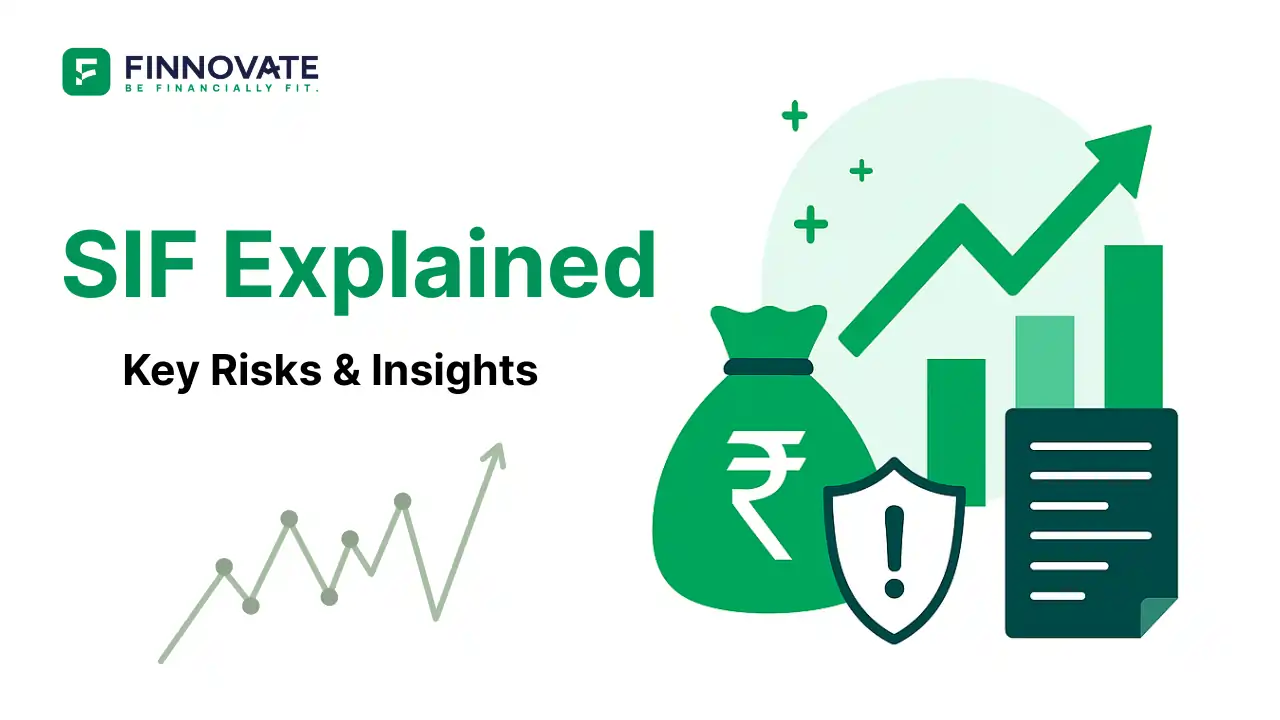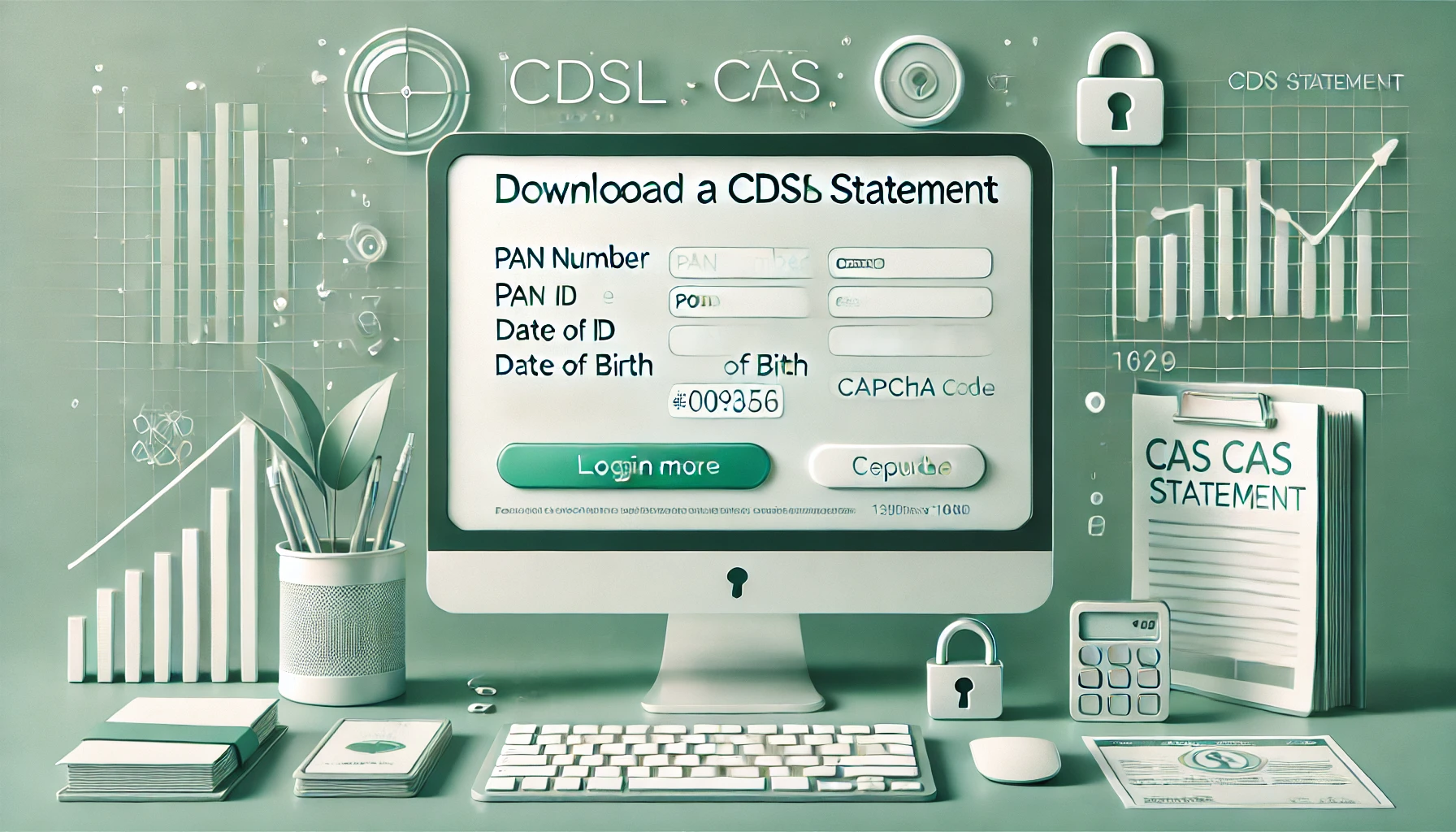
PAN rule changes in draft of Income-tax Rules 2026
Draft Income-tax Rules 2026 may change when PAN is required for cash deposits/withdrawals,...
What
is it about the NTR?
While announcing the Union Budget for FY23-24, the government made a real attempt to make the new tax regime or NTR, more popular. It allowed the NTR to offer some of the exemptions that are being offered under the old tax regime and it also allowed benefit of standard deduction to the taxpayers. This has put the NTR in a sweet spot as it can now compete with the old tax regime and a basic simulation would show you that for most people, the NTR would make a lot of sense. But why is there the fear that ELSS demand will get impacted.
Under the New Tax Regime, tax rates have been cut across slabs and even the number of number of tax slabs have been reduced. However, it also means that most of the investment related tax exemptions are gone. In Budget FY24, the government has allowed some of the exemptions like standard deduction, HRA and medical insurance to be still enjoyed in the new regime. While this does make the NTR regime attractive, it takes away from the attraction of ELSS and ULIP investors. Normally, these are discretionary in nature and could be the first to be impacted by the new rules.
ELSS
has bigger problems
For ELSS, the problems are much larger and date back much earlier than the NTR, so the lack of interest cannot be blamed on the NTR alone. For instance, ELSS funds had an edge over regular equity funds in that a good deal of the corpus was always locked in for 3 years so the pressure of managing liquidity was much lower in an ELSS. This should have logically enabled the ELSS funds to perform better than regular equity funds but that was not the case. The second dampener for ELSS funds came when the long-term capital gains on equity were made taxable in 2018, without the benefits of indexation. This took away the attractiveness of the ELSS as a long-term wealth creator in post-tax terms.
Focus on financial plan
In fact, the entire concept of investing based on tax-saving is flawed. That is always a bad driver of an investment plan. Typically, your financial plan is built on managing risk and enhancing wealth. The first is achieved through the various insurance covers while the other goal is achieved through investments in equity, bonds, mutual funds etc. ELSS has always been a forced investment and the primary question should still be whether the ELSS fits into your plan. Today investors have a wide choice of active and passive funds and they can make an informed choice. Tax breaks must not force the choice on you!
Popular now

Learn how to easily download your NSDL CAS Statement in PDF format with our step-by-step g...

Explore what Specialised Investment Funds (SIFs) are, their benefits, taxation, minimum in...

Looking for the best financial freedom books? Here’s a handpicked 2026 reading list with...

Learn How to Download Your CDSL CAS Statement with our step-by-step guide. Easy instructio...